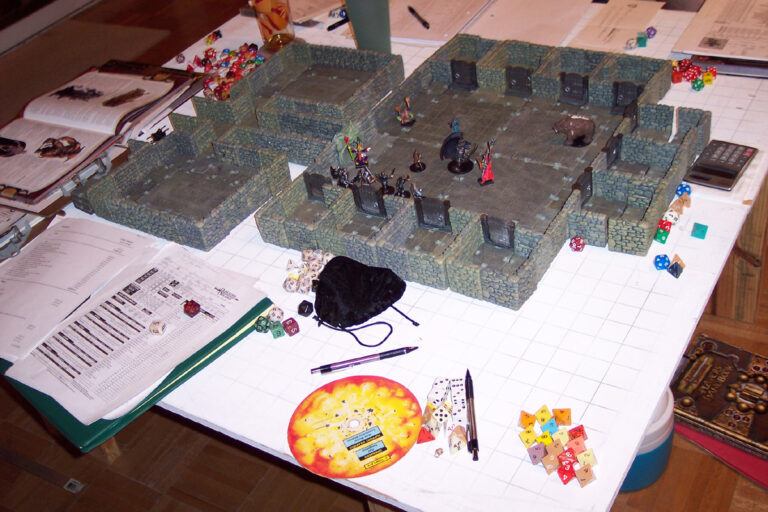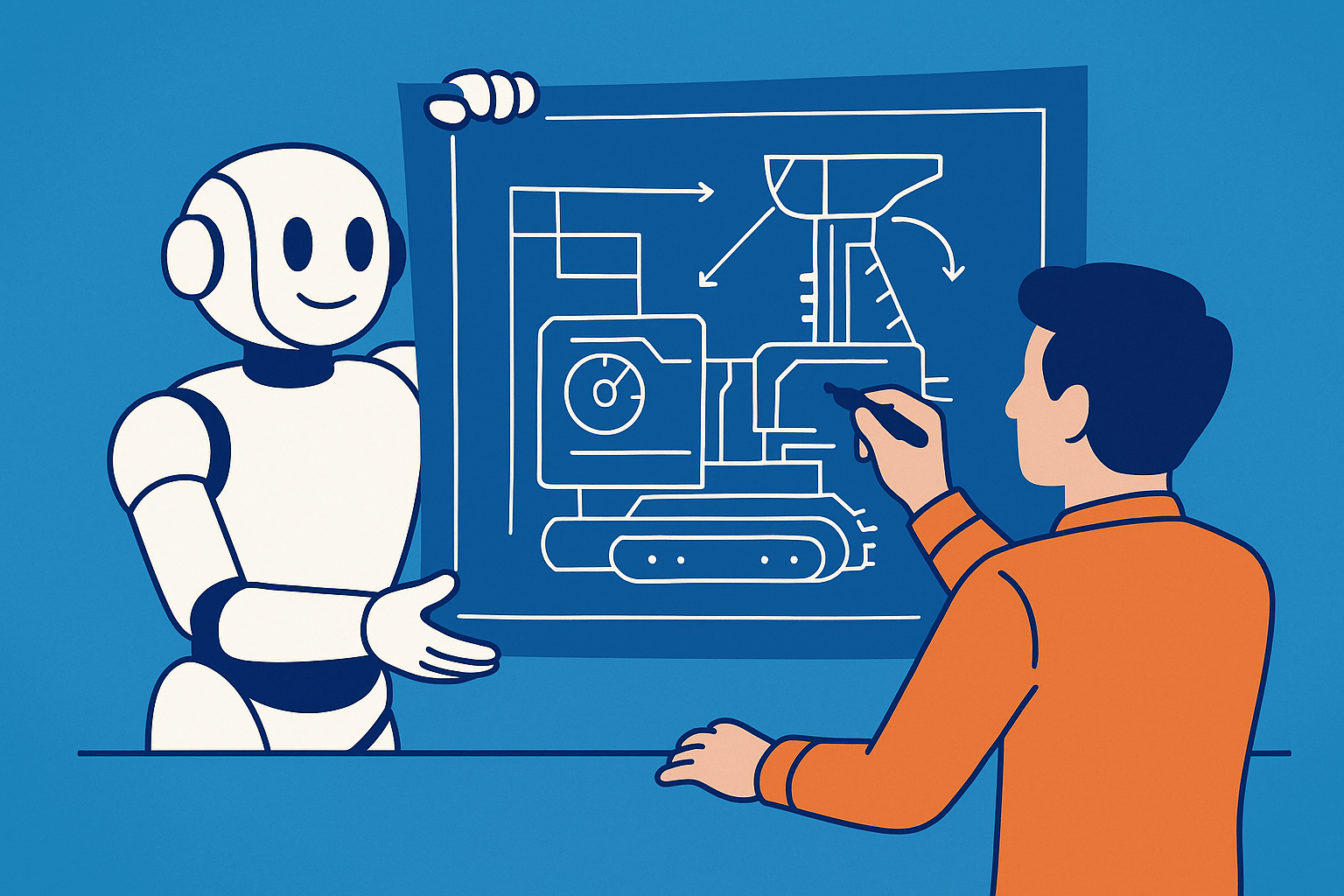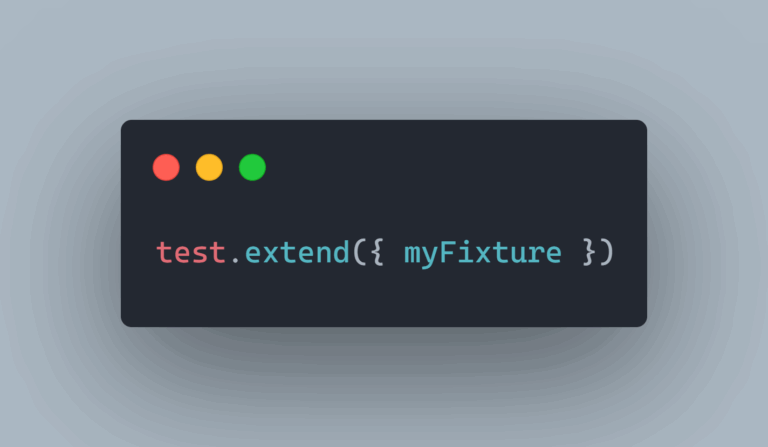
SEP Blog
We’re curious people by nature. And we love to teach others what we’ve learned. So explore our blog to gain fresh insights from our expertise in areas ranging from culture to AI.
SEP Wins TechPoint’s 2025 Exceptional Employer Mira Award
SEP Recognized as Indiana’s Top Tech Employer, Winning TechPoint’s Prestigious Mira Award Westfield, Indiana – SEP has been named Exceptional Employer by TechPoint at the 26th annual Mira Awards. This award recognizes companies that are developing talent through skills-based hiring…
Read Full Post

When Physical Intelligence announced the π0 foundation model, I thought a ChatGPT moment in robotics was near. Here was a model that could control different kinds of robots to perform a variety of dexterous tasks. It could fold clothes, make coffee, assemble cardboard boxes, and more. I thought we’d get another post like swyx’s signaling robotics as an emerging capability of the AI […]
Read Full Post

AI at the Table
I sit at a really weird saddle point currently. Professionally, I’m obliged to engage with generative AI technologies. I’m an AI technologist. I’ve been doing this for nearly twenty years at this point, and over ten past the doctorate. I can’t just ignore a new technology because I personally find it ethically dubious. Conversely, I’m […]
Read Full Post

Planning-First AI Methodology: The Foundation of Successful AI Collaboration
Why starting with understanding, not code, is the key to unlocking AI’s full potential in software development Picture this: You’re 7 hours into your work day, you’re on your third cup of coffee, and the AI just generated 200 lines of code that compile perfectly… and do absolutely nothing you wanted. Sound familiar? If you’ve […]
Read Full Post

So Long, “beforeEach”? New Testing Pattern in JavaScript
Tests in TypeScript or JavaScript often run setup code inside hooks like “beforeEach”: Developers must take care to get the setup correct, especially in large or nested test suites. Many scopes (“describe”, “beforeEach”, “it”) read and mutate the test fixtures. The setup must reset the fixtures before each test. Test authors must be careful to […]
Read Full Post

The AI Coding Revolution: Why Your Development Team Needs to Invest Now or Risk Being Left Behind
A developer’s perspective on mastering AI coding tools for competitive advantage The software development landscape has undergone more transformation in the past year than in the previous decade combined. As AI coding tools evolve from novelty to necessity, development teams face a critical decision: invest heavily in learning these tools now, or watch competitors pull […]
Read Full Post

From PDF Chaos to AI-Powered Organization: An Engineer’s Journey into Document Processing
How I built an intelligent document processing system using OCR (Optical Character Recognition), local LLMs, and Python – leveraging my code generation AI experience The Problem: Drowning in a Digital Morass Like many people, I had accumulated a large collection of PDF documents over the years – medical records, invoices, receipts, tax documents, insurance papers. […]
Read Full Post

Crispus Attucks Grad Named 2025 SEP Foundation Maker Scholar
The SEP Foundation Maker Scholarship selects IU Indianapolis-bound computer science student as the 2025 recipient Westfield, Indiana – The SEP Foundation is excited to announce the 2025 recipient of the SEP Foundation Maker Scholarship: Mutombo M., a recent graduate of Crispus Attucks High School. Mutombo will begin his freshman year this fall at IU Indianapolis, […]
Read Full Post

Generality in Generative AI is an Illusion
Large language models are often described as general-purpose problem solvers. That’s fair; given a prompt, they can write SQL queries, summarize academic papers, troubleshoot YAML files, produce a mediocre chili recipe, and draft HR emails, all in the same breath. That breadth of capability is a big driver of the current enthusiasm. Here’s the thing […]
Read Full Post

Celebrating Our 2025 SEP Interns
This summer, SEP welcomed another incredible group of interns who jumped into real-world projects, asked great questions, and left their mark on our teams. From software engineering to AI-focused problem solving, each intern brought curiosity, fresh perspective, and a genuine excitement for learning. We asked a few of them to share what surprised them about […]
Read Full Post